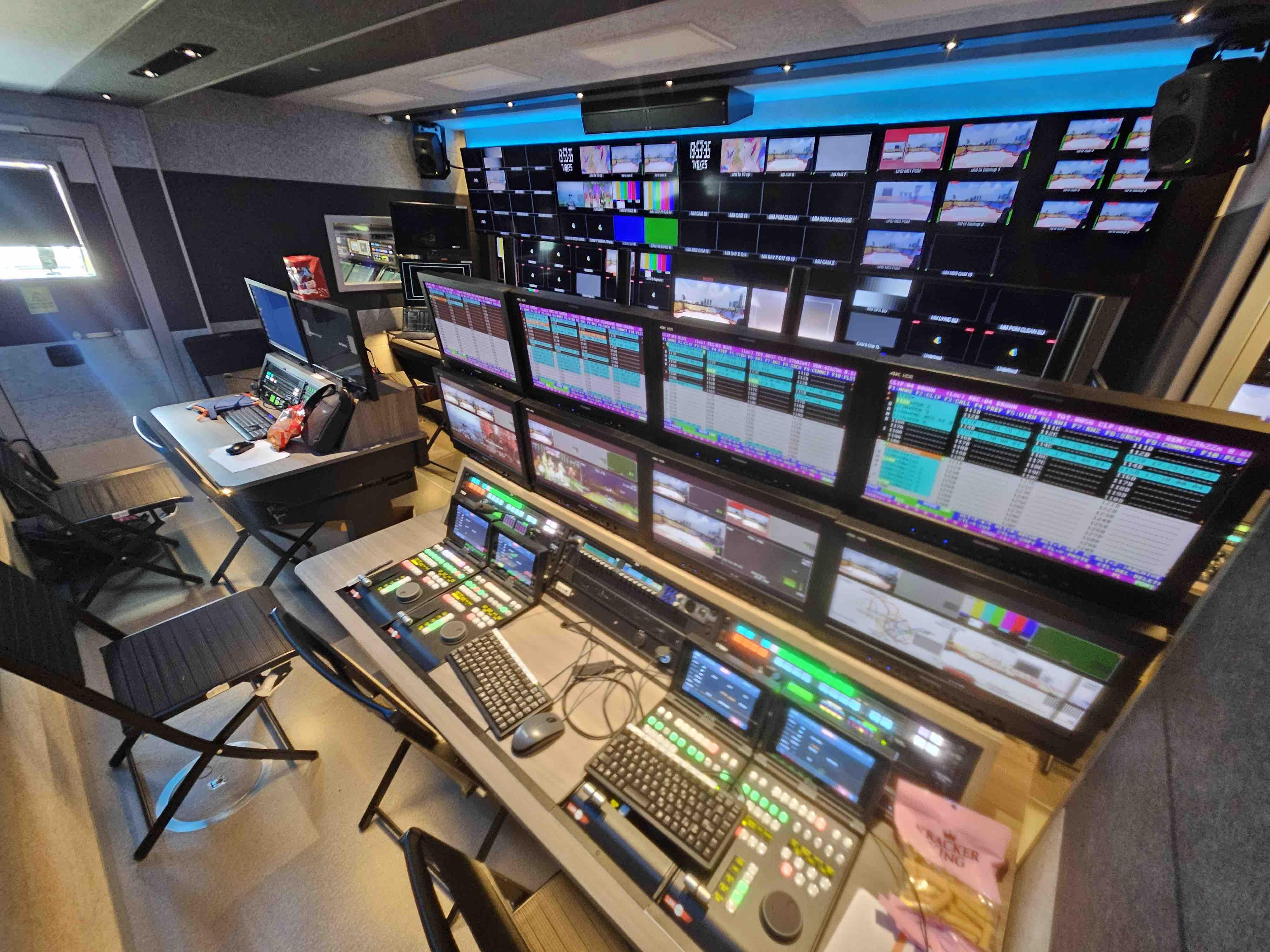A license to cheat
It would really rankle an American to have to go down to the post office once a year and write a check for $175 to buy permission to use his own television receiver. This is not a cultural thing at all — it rankles people in the UK, where everybody has to do just that. The “TV Licence” (British spelling) is a holdout from the theory that any use of the spectrum, either transmitting and/or receiving, makes the user into a “station” and its location should therefore be authorized with a bit of paper. Now, of course, it is just a tax. But it is a tax for a purpose.
The first Radio Licence was issued in 1922 at an annual cost of 10 shillings (two dollars at that time) and stayed at that level until 1946 when the first TV Licence (including radio) was issued for £2. Contrast that with today's price tag of £112 for a color TV license and £37.50 for monochrome. The money that is raised pays for the BBC's programming on six TV channels, network radio services, and all the regional TV and radio production and engineering costs. The anachronism is that it is not a license to watch BBC programming: It is a license to watch UK TV.
The separation of church and state between the BBC and the UK government has always been a cornerstone of the corporation — although there have been some really interesting shades of gray there over the years — and the original decision to fund the BBC from a license fee meant that the authorities could say that taxpayer money was not being used… an interesting exercise in logic. For many years the monies were collected by the post office and handed to the BBC through the home office. In 1991 the BBC took over the unpleasant task of collecting the fees itself and created the TV Licensing Authority to at least distance itself in name.
This group employs 1700 people to collect monies, issue licenses and enforce the law. Five hundred of those employees work away from the headquarters and the vast majority are inspectors who look to identify what averages about 1000 license evaders every day. With over 23 million licenses in force (end of 2001), and all but 136,000 at the $175 level, there is clearly a very large amount of money involved. And with the number of households known to be over 26 million, the TVLA is very interested in the three million who are not licensed.
When you buy a TV, STB or a computer TV card, the retailer has to report the sale to the TVLA. If that buyer's address is not in the database he gets a letter. Even if you don't buy a product you are likely to get a letter anyway, often a lot of letters, because the authority just doesn't seem to believe that anyone can do without television. Second home? Get another license. Student at college? Get another license. Rent a room in someone's house? Get another license. Use TV at work? Get another license. Operate a hotel? Get a license for the first 15 receivers and then another license for every five more (that's over $3000 a year for a 100-room hotel.) Legally blind? You still need a license but you do get a 50 percent discount — such generosity.
So, after you buy that new TV with cash and give a false name and address, how do they catch you? If you are not in the database as being licensed, your residence may be visited by an inspector looking for the telltale flicker of a CRT, or you may be driven past by the all-scary “Detector Van”! It used to be that the post office would announce when one was going to be in an area and, magically, licenses would be bought in bulk. But did the vans even work? Yes, they did; picking up the TV's local oscillator, the operators could even tell the residents which channel they had been watching, and the equipment is now so sensitive that there are handheld units in service.
You don't need a license if you don't connect a TV to an antenna, cable or satellite receiver and just use it to play back pre-recorded tapes or DVDs, nor if you only watch satellite TV originating outside the UK. But how do you prove it?
The professional video industry's #1 source for news, trends and product and tech information. Sign up below.
The PC user with a TV card has been the most popular target in the last 18 months, but an even sorrier situation has arisen with a decision that a broadband user who is streaming video from the BBCi Web site also needs a license. But don't worry if you are streaming BBC television news in the United States, they are only going after UK users.
At the cost involved for the licenses (and the UK isn't the only country to have this system for funding the “public” broadcaster), there is inevitably going to be cheating or evasion. Those that propose taxing the Internet in some way should look at this as a cautionary tale… but that's another column.
Paul McGoldrick is an industry consultant based on the West Coast.
Send questions and comments to:paul_mcgoldrick@primediabusiness.com
